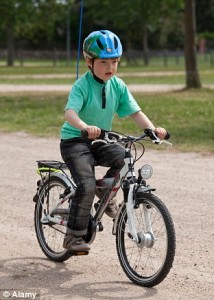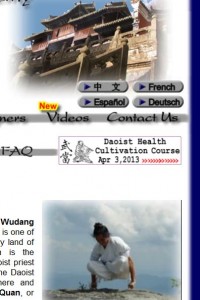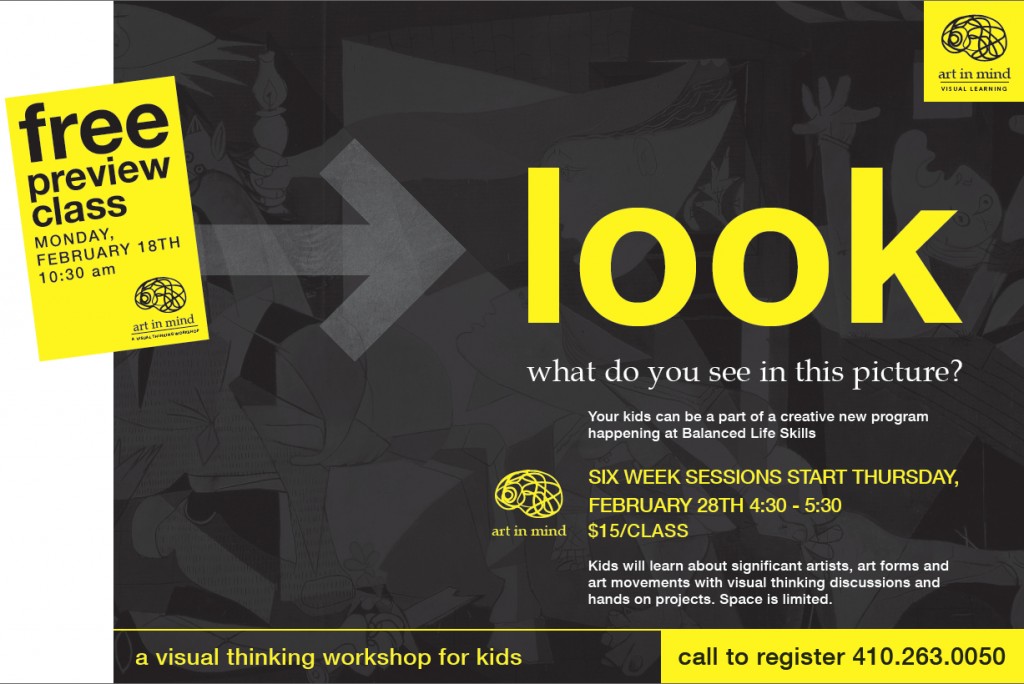
Is it OK for our kids to fail – to not have the success that they want? In examining the question of allowing our kids to fail there are a couple of things that come up including, why we do not want them to fail and what would the results be if they did fail.
In our society today many parents do not want their children to fail because they are afraid of what it will do to their ‘confidence’, ‘self esteem’, or view of themselves. However, many times it also has to do with wanting to keep up with our friends, not being left behind, or what others will think.
If we raise our children to be ‘failure free’ what we will end up with is a child whose expectations of the world are unrealistic, expecting everything to go their way. I don’t know about you – but that is not the way my life went. We will have children who are constantly looking for ways to sidestep the expectations, make excuses for what they do or even cheat to get what they want or feel they deserve. Finally they will be young adults who do not have the skills to take on challenges and know how to fail and get up and try again.
If we protect them from failure we will have also protected them from an opportunity to succeed due to great effort. Their muscles will not have been strengthened to persevere and overcome obstacles. We hear a lot about children and adults needing resilience. Failures teach children that they will not break, they can have failures and come back and use what they have learned to become better the next time. This is the key to resilience and strong, confident kids.

 At the start of most years we sit down and create a list of goals, changes, and things that we want to make or do. Many of them are soon forgotten or at the very least overwhelmed by day to day living. How can we make this year different? What is a goal that we have that if we changed one little thing that we may stick to and not forget soon after the start of the year?
At the start of most years we sit down and create a list of goals, changes, and things that we want to make or do. Many of them are soon forgotten or at the very least overwhelmed by day to day living. How can we make this year different? What is a goal that we have that if we changed one little thing that we may stick to and not forget soon after the start of the year?

